
The coarse from the power plant Uses of fly ash
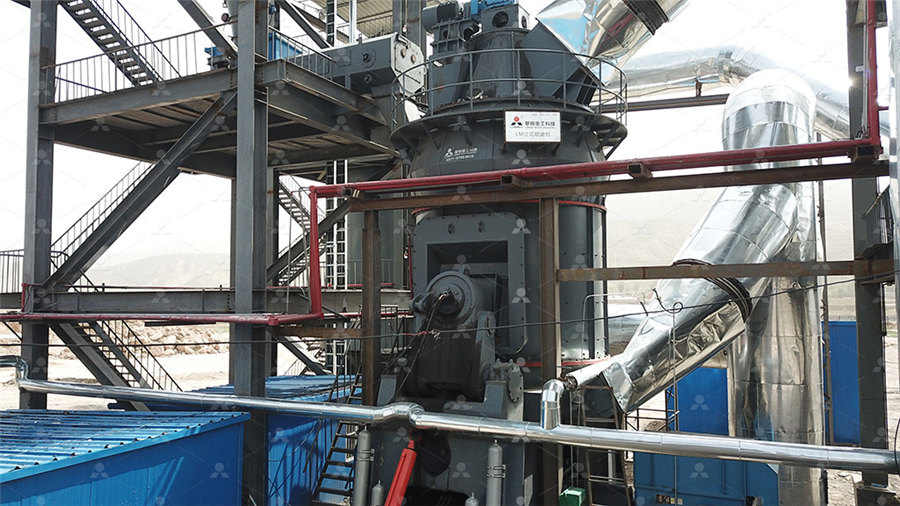
Physical, chemical, and geotechnical properties of coal fly ash: A
2019年12月1日 Fly ash is used as a supplementary cementitious material (SCM) to produce Portland cement concrete Fly ash when used as SCM contributes to properties of hardened 2015年2月1日 Coal fly ash, a byproduct of coal combustion in thermal power plants, is one of the most complex and abundant of anthropogenic materials If not properly disposed of, it can A comprehensive review on the applications of coal fly ash2010年1月14日 Fly Ash (FA)a coal combustion residue of thermal power plants has been regarded as a problematic solid waste all over the world Disposal of high amount of flyash Use of Flyash in Agriculture: A Way to Improve Soil Fertility and its 2021年7月1日 Fly ash (FA) is the principal industrial waste byproduct from the burning of solid fuels FA is a powdery solid that is constituted mostly of unburned carbon (UC), metal oxides Fly Ash properties, characterization, and applications: a review

Characterisation Of Fly Ash From Thermal Power Plant IOSR
Fly ash (FA) is a fine particle comes from the combustion of pulverized coal in electric power generation plants During this process, most of the volatile substances and carbon in the coal Lowlime fly ashes produced from modern coalfired power technologies (developed to enhance efficiency/lower emissions), including nitrogen oxide (NOx) reduction, cocombustion, Properties and use of coal fly ash Semantic ScholarIn this article, the authors provide an overview of fly ash, its chemical composition, the regulations from nations generating the greatest amount of fly ash, and epidemiological evidence A review on fly ash from coalfired power plants: chemical 2021年5月11日 Coalfired power plants are the largest generator of fly ash Mined coal is transported to coal bunker or storage of a power plant from where it is sent to mill/pulveriser Coal Fly Ash Utilisation and Environmental Impact
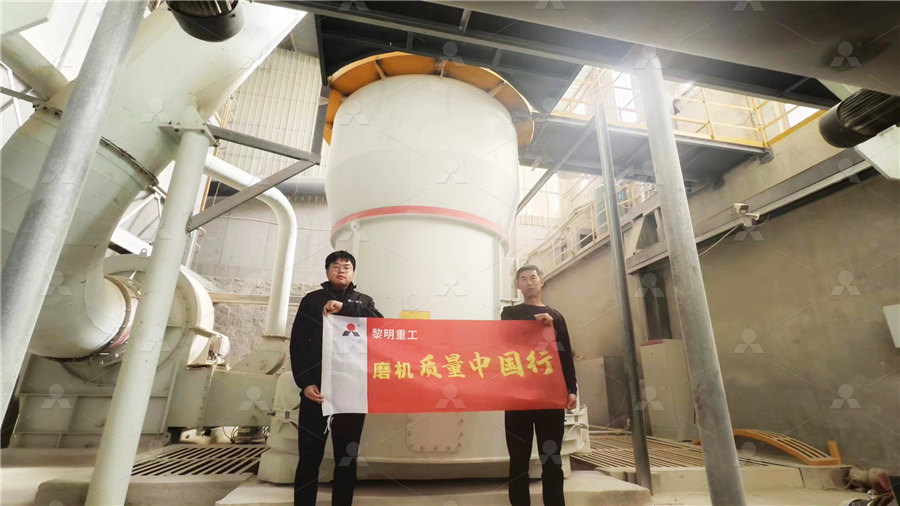
Utilization of Fly Ash from Coalfired Power Plants in China
2008年5月1日 Coal, as the main fuel resource of those power plants, results in increasing problems with the disposal of solid residues from combustion and off gas cleaning This Among the publications were nine review papers, the first on the use of alkali activated fly ash ground granulated blast furnace slag to replace cement in concrete mix (Panda et al, Citation 2021), review of the potential utilization of Full article: A comprehensive review on coal fly ash 2023年1月4日 With reference to ‘fly ash’ produced by the power plants using coal as fuel, which of the following statements is/are correct? (2015) Fly ash can be used in the production of bricks for building construction Fly ash can be used as a replacement for some of the Portland cement contents of concreteFly Ash दृष्टि आईएएस2021年3月2日 In excess of 70% of the total electricity produced in India is obtained from thermal power plants (TPPs) that use coal as the fuel [12, 24]The firing of coal generates coal ash as a byproduct that can be distinctly categorized in two types—fly ash and bottom ashUtilization of Pond Ash for Sustainable Construction

Review of fly ash inertisation treatments and recycling
2014年1月24日 Fly ash (FA) is a byproduct of power, and incineration plants operated either on coal and biomass, or on municipal solid waste FA can be divided into coal fly ash, obtained from power plant burning coal, flue gas desulphurisation FA, that is, the byproduct generated by the air pollution control equipment in coalfired power plants to reduce the release of SO2, biomass 2014年1月14日 Petrology, Mineralogy, and Chemistry of SizeFractioned Fly Ash from the Jungar Power Plant, Inner Mongolia, China, with Emphasis on the Distribution of Rare Earth Elements January 2014 Energy Petrology, Mineralogy, and Chemistry of SizeFractioned Fly Ash 2021年9月18日 Huge quantities of fly ash and bottom ash are generated from thermal power plants and it presents great concern for country, mainly due to the environmental effects In this study, fly ashes and bottom ash were characterized from technical and radiological aspects Health effect due to the activity of radionuclides 226Ra, 232Th and 40K was estimated via Technical and radiological characterisation of fly ash and bottom ash 2017年6月27日 Coarse ash particles, referred to as bottom ash or slag, fall to the bottom of the combustion chamber, while the lighter fine ash particles, termed fly ash, remain suspended in the flue gas Prior to exhausting the flue gas, fly ash is removed by particulate emission control devices, such as electrostatic precipitators or filter fabric baghouses (see Figure 11)Chapter 1 Fly Ash An Engineering Material Fly Ash Facts for
.jpg)
Characterisation Of Fly Ash From Thermal Power Plant IOSR
Characterisation Of Fly Ash From Thermal Power Plant Sunil Kumar Gupta1 and Soni Rani2 1 (Research Scholar, Bhagwant University, Ajmer, Rajasthan) 2 (Associate professor, Bhagwant University, Ajmer, Rajasthan) Abstract The fly ash composition analysis may helpful in developing a pollution abatement approach for different uses of2023年2月20日 In general, fly ash (FA) is defined as solid powdery residue that remains after the combustion of coal, biomass, municipal solid waste or a mixture of these in power plants and thermal power plants (Fig 1) Coal fly ash, biomass fly ash, and municipal solid waste fly ash (CFA, BFA, and MSW FA, respectively), are the leading waste products A critical review on mechanochemical processing of fly ash and fly ash Throughout the world, coal is responsible for generating approximately 38% of power Coal ash, a waste product, generated from the combustion of coal, consists of fly ash, bottom ash, boiler slag, and flue gas desulfurization material Fly ash, which is the main component of coal ash, is composed of spherical particulate matter with diameters that range from 01 μm to gt;100 A review on fly ash from coalfired power plants: chemical 2021年9月1日 Coal fly ash is primarily produced in power plants as a byproduct of coal combustion As shown in Fig 1, the byproducts of coal ash combustion include fly and bottom ash, boiler slag, and flue gasFA particles, the main Fly ash properties, characterization, and applications: A review

Fly Ash – Properties, Types, Mechanism and Uses
The major uses of fly ash are listed below, Used in the manufacture of Portland cement Typically used for embankment construction Used as a soil stabilisation material Fly ash is also used as a component in the production of flowable fill Used as the filler mineral in asphalt road laying to fill the voids Fly ash is used as component in 2022年2月27日 Fly ash is one of the largest types of industrial wastes produced during the combustion of coal for energy generation Finding efficient and sustainable solutions for its reuse has been the subject of substantial research worldwide Here, we review the recent research data related to (i) the use of fly ash as a lowcost adsorbent for pollutants in wastewater and soils Recent trends in the use of fly ash for the adsorption of 2022年2月28日 Fly ash is one of them The use of Fly ash with soil and firing the bricks with agricultural waste will reduce the cost of the building material ie Clay bricks Fly ash can be utilized in the manufacture of fired, unfired, and steam cured bricks Fly ash bricks have several advantages over conventional burnt clay bricksAn overview of fly ash; classification, advantage, and utlization2014年4月1日 Reuse options for coal fly ash and coal bottom ash are reviewed in this paper Although, significant quantities of coal fly ash and coal bottom ash are produced worldwide every year, less than 30 % of coal ash produced is reused Coal ash is mainly reused in civil engineering applications such as road construction, embankments, construction materials, geo Reuse options for coal fired power plant bottom ash and fly ash
.jpg)
Handling and Utilisation of Fly Ash from Thermal Power Plants
2019年10月26日 Ash is discharged in wet form or dry form Dry fly ash is generally preferred when used for cement manufacturing Dry Ash Disposal: Dry extraction system is adapted for handling and management of ash in dry formIn this system, ash is collected in dry form in the hoppers of electrostatic precipitator; it is then disposed of using a vacuum or a pressure pumpFigure 1 shows fly ash produced in a typical pulverizedcoalfired utility boiler and collected by an electrostatic precipitator There are two commonly used methods for removing the fine powdery fly ash from the fly ash hopper of the precipitator – a wet method or a dry method [12–15]In the wet method, water is used to flush the fly ash out of the hoppers and the ash slurry is pumped Fly Ash SpringerLink2022年12月1日 Fly ash thermal power plants for concrete: 2017: Germany: DIN EN 4501: Fly ash for concrete Part 1: Definition at 3, 14, 28, 56, and 91 days and 1 year According to Liu and PresuelMoreno, when limestone and granite were used as coarse aggregates, the 28day CS decreased by 3872 and 4968 %, respectively, as the FA Fly ash for sustainable construction: A review of fly ash concrete Properties and use of coal fly ash : a valuable industrial byproduct: coal fly ash, or pulverised fuel ash, Power plants use new technologies to reduce emissions limits Denitrification is a process that leads to the reduction of NOx in the flue gas However, Properties and use of coal fly ash Semantic Scholar
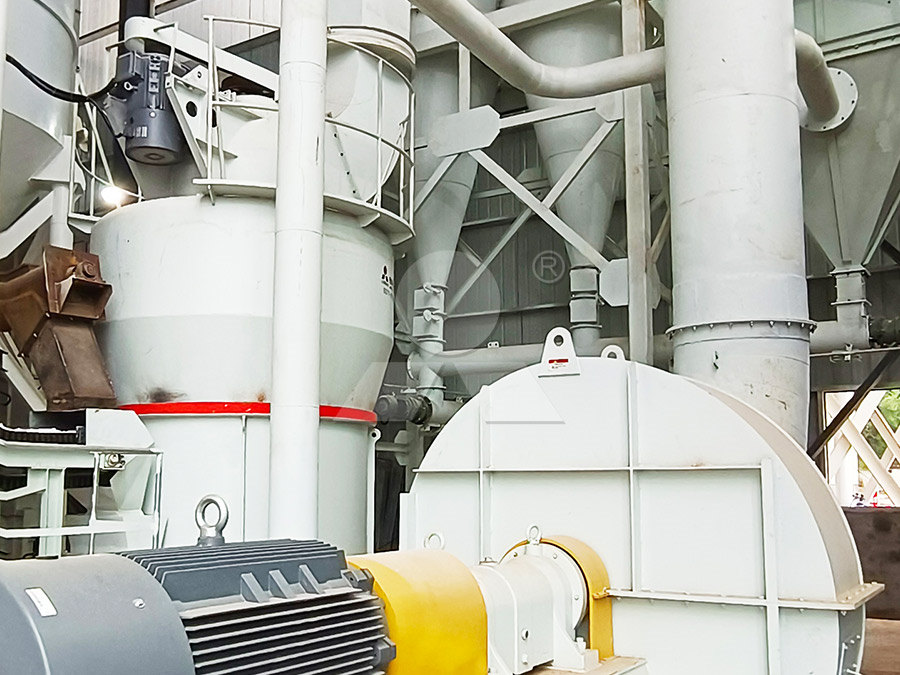
Comprehensive Utilization of Fly Ash SpringerLink
2019年5月23日 524 Composition of Fly Ash Particles The fly ash particles are composed of a mixture of various particles Therefore, the quality of fly ash mainly depends on the composition of various particles, and the quality is affected by the change in composition []Scanning electronic microscope (SEM) observation shows that fly ash includes spherical particles, slag particles, The ash content of the coal used at the thermal power plants ranges from 3040%, with the average ash content around 38% Since low ash, high grade coal is reserved for metallurgical industries The thermal power plants have to use high ash, low grade coal The thermal power plants ash generation has increased from about 40 million tonnes duringCharacteristics of Fly Ash from Thermal Power Plants and its 2023年2月11日 Due to rapid development and urbanization, electricity demand is increasing daily Coalbased thermal power plants are one of the major sources of electricity A byproduct of thermal power plants is fly ash; every year, huge amounts of fly ash are generated globally Disposal of fly ash in landfills needs a vast area and poses various environmental problems A Review of Coal Fly Ash Utilization to Save the Environment2019年12月12日 Pages: 41 Paperback ISBN: 9789353358020 EBook ISBN: 9789353358037 Price: ` 335 /Preface In the present work entitled "An Overview on Characteristics of Fly ash of Thermal Power Plant and An Overview on Characteristics of Fly ash of Thermal Power Plant
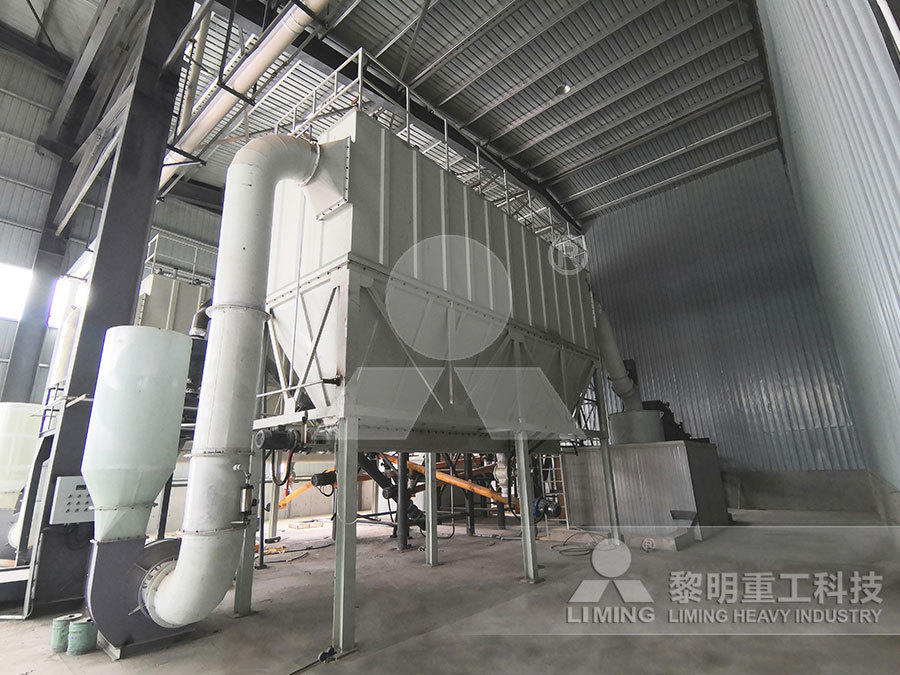
Handling and Utilisation of Fly Ash from Thermal Power Plants
E Noise Pollution: The generation of power in power plants shall employ the use of large types of machinery like boilers, belt conveyors, compressors, crushers, fans, pumps, and turbinesPutting Ash to Use Approximately 12 million tons of ash per year is sold to, amongst others, the cement industry where the ash is used as a cement extender The ash consists of very fine, spherical particles and has an almost zero carbon content, high pozzolanic activity (or reactivity), and unusually high consistency Fly ash is successfully ASH MANAGEMENT IN ESKOM2016年10月28日 There is evidence in the literature to show that the quality characteristics of Fly Ash , which obtained from Coalburning Thermal Power Plants, can be different, depending on the nature of Characterisation of Fly Ash from CoalFired Thermal Power Plants 2014年1月1日 In the Norocholai power station, 2500 MT of coal is burnt per day when plant running at 300 MW and it produces 250 MT of fly ash and bottom Ash at a rate of 25 MT per day (Ranjan Nanayakkara (PDF) Uses of bottom ash in the replacement of fine aggregate for
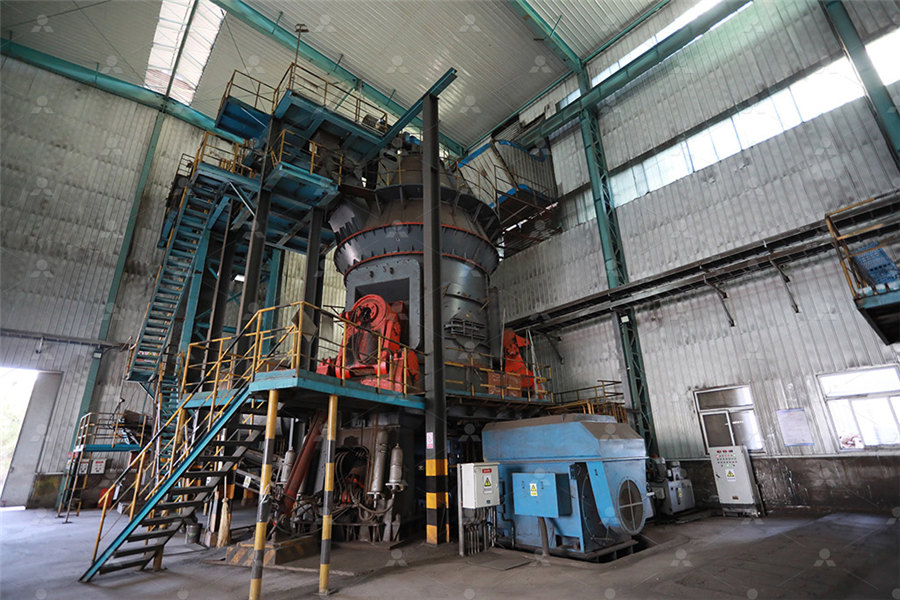
Fly Ash: Production and Utilization in India An Overview
2020年5月23日 Every year India produces millions of tonnes of fly ash, and it is the thirdlargest country where fly ash is produced abundantly (220 MT in the year 20182019) after China and the USA [30]2024年4月18日 The processes at the plant The regulations the power plant has to follow Some power plants may dispose of it in surface impoundments or in landfills Others may discharge it into a nearby waterway under the plant's water discharge permit Coal ash may also be recycled into products like concrete or wallboardCoal Ash Basics US EPA US Environmental Protection Agency2021年7月1日 Coal Bottom Ash, Coal Fly Ash and Cenosphere are three main wastes produced from power plant The aim of this study is to determine the characteristics of samples collected from different parts of Fly Ash properties, characterization, and applications: a review2020年5月30日 This paper presents the properties of selfcompacting concrete (SCC) incorporating residual rice husk ash (RHA) from thermal power plant It was ground by a mechanical grinding method using (PDF) The Properties of SelfCompacting Concrete
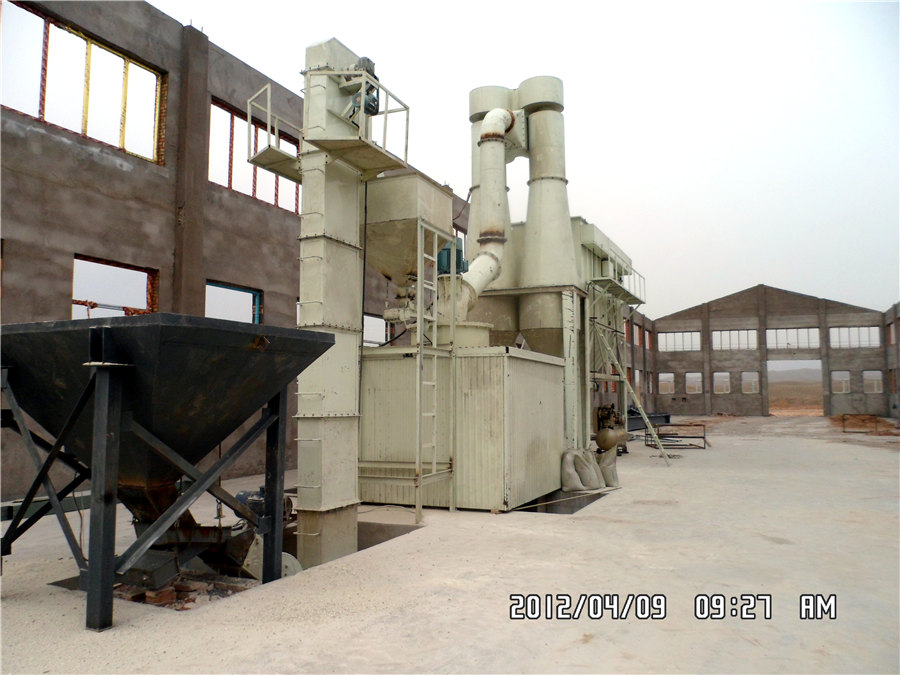
State of the art review on physiochemical and engineering
Table 2 Basic geotechnical properties of fly ash from various power plants in India Full size table Table 3 Range of coefficient of permeability of Indian coal ash (Pandian 2013) Songpiriyakij S (1999) A study of strength activity index of ground coarse fly ash with Portland cement Sci Asia 25:223–229 Article Google ScholarBottom ash is the coarse, granular, incombustible byproduct of coal combustion that is collected from the bottom of furnaces Most bottom ash is produced at coalfired power plants Below is a comparison of fly ash and bottom ash, to Bottom ash Energy Education1 Landfills; 2 Reports 21 2011 report on hexavalent chromium; 3 Accidents and contamination 31 Virginia residents file $1 billion suit against Dominion over fly ash site; 32 4,000 gallons of sludge spill in Maryland; 33 Coal ash pile in Orange County, FL may be leaking radioactivity; 34 Coal waste spill at TVA's Widows Creek plant in Alabama; 35 Retention pond wall collapses Fly ash management and use in the United States2019年10月1日 Electric power in India mainly depends on coalfired power plants Commonly, Indian coal comprises ash in the range of 30–45% In order to sustain India’s economic growth, the country total Handling and Utilisation of Fly Ash from Thermal Power Plants
.jpg)
Utilization of coal fly ash in China: a minireview on challenges
2020年4月28日 Coal fly ash (CFA), a solid waste produced by coalfired thermal power plants during the combustion of pulverized coal, is currently one of the largest solid wastes in China (Yao et al 2015) In 2018, the annual output of CFA in China exceeded 550 million tons, and owing to insufficient utilization, the total accumulated CFA has exceeded 3 billion tons2020年7月7日 The planned addition of combined generating capacity throughout Indonesia such as coalfired power plants (CFPP) will dominate the type of power plant to be built, reaching 319 GW or 530% in the Review Regulation on The Determination of Fly Ash and Bottom Ash 2015年2月6日 Consequently, many independent building professionals, and even some environmental groups, are on board with the EPA’s current position that the encapsulated use of fly ash is a very good alternative to sending the ash to the landfills where it faces a greater risk of environmental catastrophe such as the collapse of a Tennessee Valley Authority’s fly ash The Truth About Fly Ash Green Builder Media2011年6月25日 Fly ash generated from coalbased power plants is typically disposed of using either dry techniques such as embankments or reused in the manufacture of cementbased products such as bricks etc, or Fly ash from thermal power plants Waste management and overview
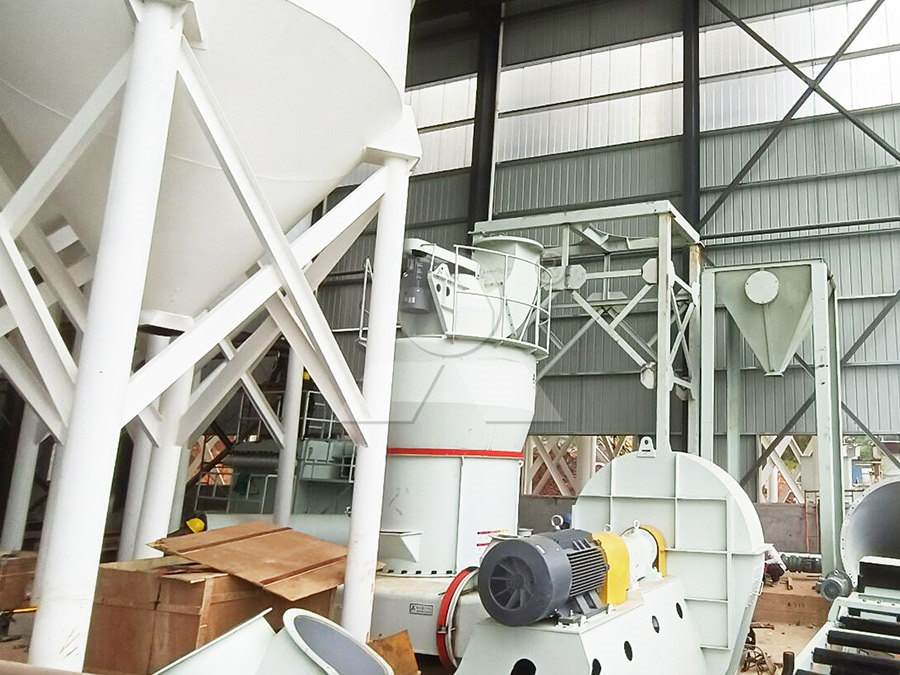
Recycling Fly Ash into Lightweight Aggregate: Life Cycle MDPI
2024年10月25日 Coal remains the main source of global energy production, resulting in substantial quantities of fly ash from power plants []Trace elements contained in coal bind to the surface of fly ash during the combustion process, and if the fly ash generated in this way is not properly treated, it can disrupt the ecological cycle, pollute the soil and water, and even cause













